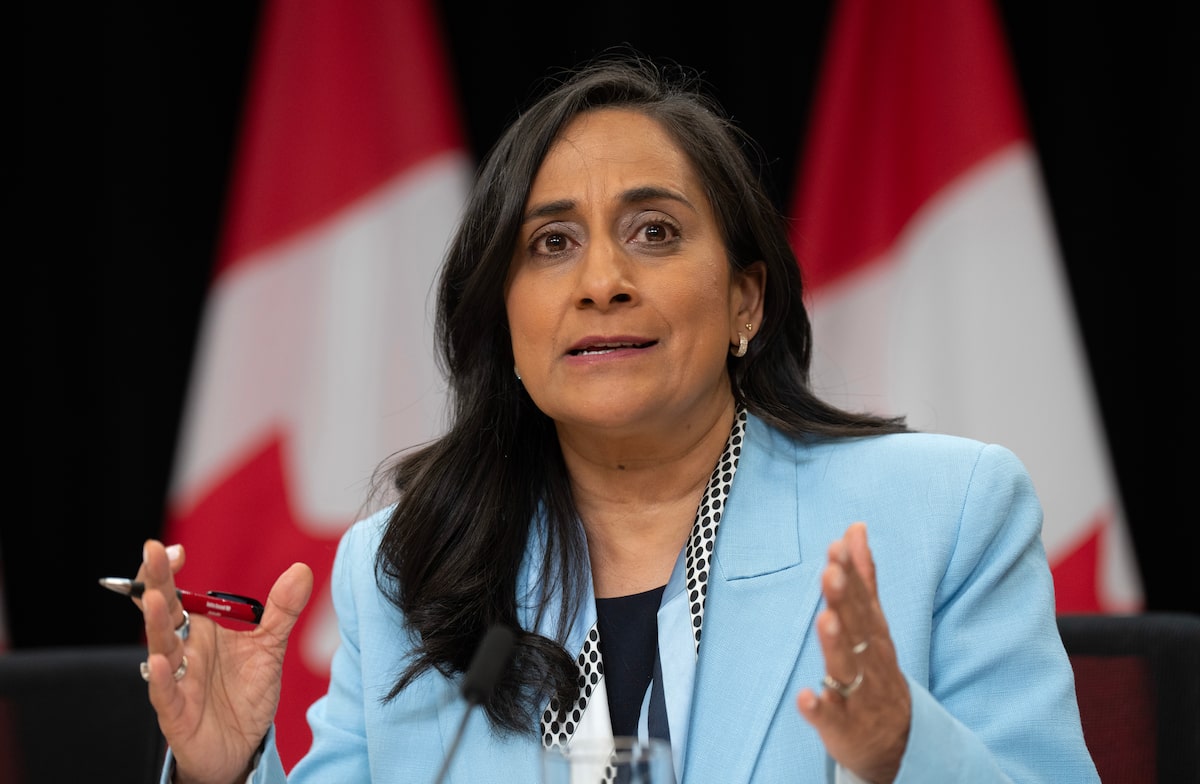Given the fact that it’s almost a foregone conclusion that PP is going to win the next election, I think countering disinformation through “influencers” did not work.
This is the best summary I could come up with:
She says it worries her that actors who seek to spread disinformation can more easily do that on the platforms where members of the younger generation, including her own kids, spend their time.
Most of the social-media money is going towards institutions that have public service announcements to put out about health, travel or other topics that are also fodder for newspaper ads or commercials on TV and radio.
“And in order to be in the realm of discussing the truth, we need to ensure that the work that we are doing in whatever portfolio is actually disseminated in an honest and clear way so that Canadians can understand what their taxpayer dollars are paying for.”
Health Minister Mark Holland echoed the comments and invoked fears over foreign interference, saying governments such as Russia’s are using modern technologies to destabilize democracies by questioning “what is and isn’t true.”
Influencers have been hired to put out government-approved messaging on topics such as safe cannabis use, dementia prevention, sexual health and mental-health resources.
The popular video app still remains an important platform for Ottawa to connect with Canadians, including millennials and Gen Z, whom the Liberals are trying to court ahead of the next federal election.
The original article contains 728 words, the summary contains 204 words. Saved 72%. I’m a bot and I’m open source!



